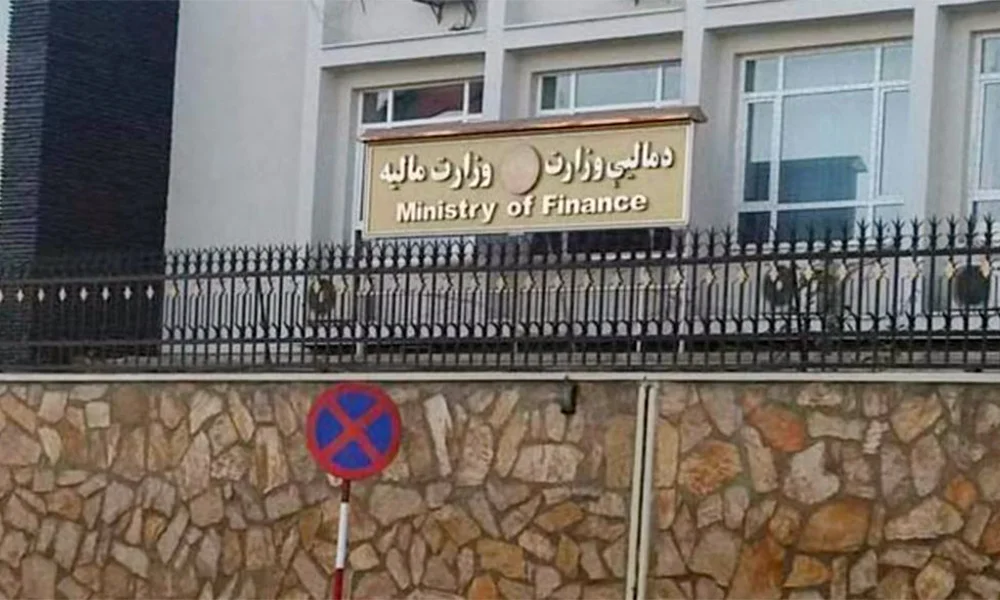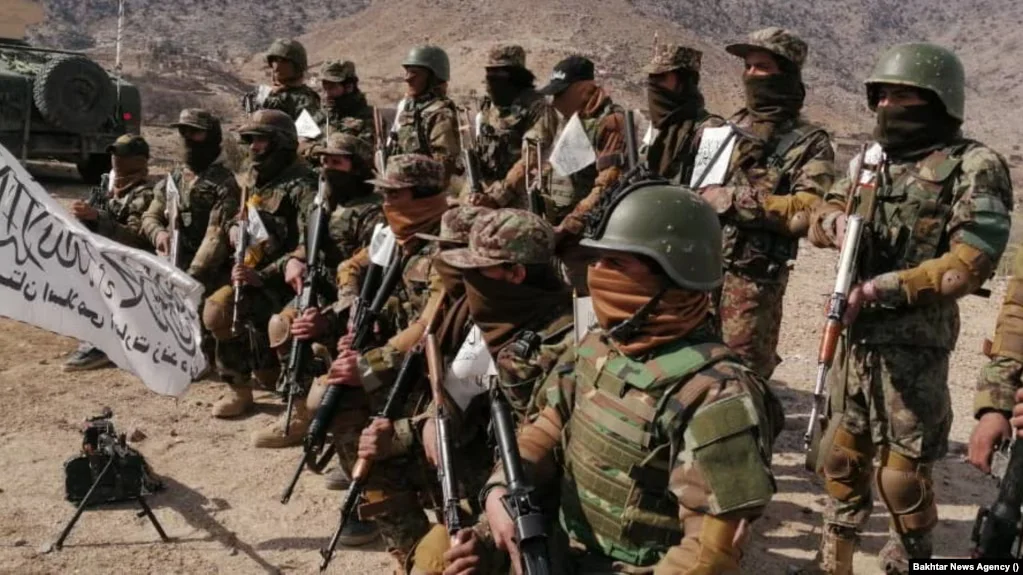The Ministry of Finance credits anti-corruption efforts and modernization of systems for the increase in Afghan customs revenue.
For the first time in the history of the Afghan customs department of the Ministry of Finance of Afghanistan, officials collected 100 billion Afghanis. This amount was collected in 11 months of the current fiscal year. This achievement is unprecedented.
In previous years, the Afghan customs collection never exceeded 72 billion Afghanis.
However, the Islamic Emirate of Afghanistan has reduced customs duties on basic food commodities so far, but customs revenue has increased considerably.
The extraordinary increase in customs revenues indicates that authorities have assigned the right and committed people to the right jobs. They have taken anti-corruption steps and ensured transparency in the revenue collection process.
To provide good services and more facilities all customs offices are operational 16 to 24 hours per day.
The Ministry of Finance specially customs department attempts for the modernization of the systems to provide more facilities and efficiency for the collection of national revenues.
SEE ALSO: https://southasiatimes.org/40-million-delivered-from-donor-nations-to-the-people-of-afghanistan/
Source: Ministry of Finance






